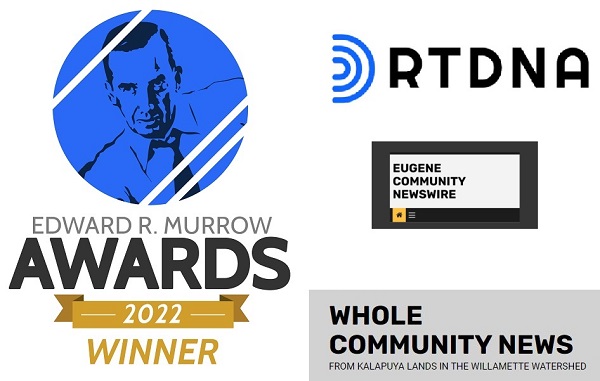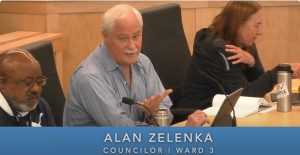
News published on the award-winning Whole Community News site and/or streamed by the KEPW Radio YouTube channel is free and available for use by other local print, radio, television, and online news enterprises under the Creative Commons Attribution-ShareAlike license, which asks only that you link to the original work and to the CC-BY-SA license and credit the producer as specified in the source material, such as: “KEPW News,” “KEPW Radio,” “Youth Radio Project,” and variants such as “Community Radio,” “Resistance Radio,” “Underground Radio,” “Underground News,” “Whole Community News,” and “Newsday.”
Whole Community News is a special project of the news nonprofit 501(c)(3) Corporation for Public Community Newspapers, founded in 2006. Our tax ID# is 20-4826642. CPCN Executive Director John Quetzalcoatl Murray served as reporter, editor, and/or publisher for community newspapers in Alaska, Utah, Washington, Montana, Hawai’i, and Oregon. One of CPCN’s initial projects was to publish the Clark Fork Chronicle, a weekly newspaper in frontier western Montana, which garnered over 50 awards from the Montana Newspaper Association, including the top award for Community Service.
KEPW News was honored to receive the prestigious Edward R. Murrow award for the best Digital News site, edging out other great regional news organizations in Alaska, Washington, Idaho, Montana, and Oregon.
When KEPW’s website experienced security issues and was temporarily blacklisted by many platforms, KEPW offered a very generous grant to CPCN to transfer the news site from KEPW.org to WholeCommunity.News. Whole Community News is funded by KEPW and by generous listener and reader memberships through the CPCN website, https://www.PublicNewspapers.org.
Whole Community News takes its name from an emergency management term used by the U.S. Federal Emergency Management Agency (FEMA). Whole Community refers to “a means by which residents, emergency management practitioners, organizational and community leaders, and government officials can collectively understand and assess the needs of their respective communities and determine the best ways to organize and strengthen their assets.” Over the last decade, preparedness initiatives originating with Eugene-Springfield neighborhood volunteers have been organized into a comprehensive program.
The KEPW News staff combines lived experience with a deep perspective of local government to inform our reporting and editing. Please join us. We welcome your participation and encourage you to share the latest news and comment from your community, with the whole community.
See also: A preparedness model for local news, What’s my watershed?



